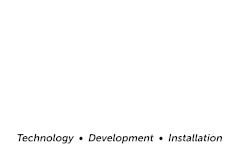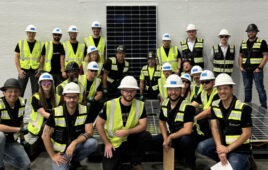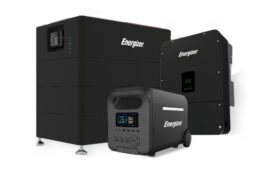Solar design and sales software providers are increasingly integrating with financing services to streamline the PV project commissioning process.

Credit: Aurora Solar
Last year alone, Energy Toolbase added commercial solar financing service Luminia to its developer platform; Aurora Solar integrated with Dividend, Sungage Financial, Mosaic and GoodLeap for residential solar financing; and even solar panel manufacturer Solaria merged with California residential sales platform Complete Solar to make a whole new company, Complete Solaria.
“I think what’s driving the consolidation is, you have to realize that a lot of these companies are startups in a startup industry — ourselves included,” said Sam Adeyemo, chief revenue officer at Aurora. “It’s not unusual that when a new operation and a new industry emerges, there’s just this flood of activity. Interested participants feel they have a solution for that industry, and then over time, there emerge a few clear winners.”
Services like Aurora are used by solar salespeople to pitch projects to potential customers. The sales process starts with determining the customer’s motivation for going solar, checking their electrical costs and seeing how many panels can fit on their roof, and ultimately how that will affect their energy costs. Then it’s a question of financing the project.
Adeyemo said the majority of residential projects started through Aurora do require some financing. Integrating with solar financiers means customers do not need to leave the sales software platform to see what loan offerings are available to them.
“The whole idea is that we want you to be able to use Aurora from the beginning of the process for the full lifecycle of the solar installation,” Adeyemo said. “We had to provide financing integrations where people no longer had to go into a separate application to pull relevant interest rates, to pull in the terms of financing, to even apply for credit.”
Through the consolidated sales software, a client could have a model of a solar project on their home, an idea of how PV would affect their energy costs and several loan offerings for the array – all in one session.
“I think that what you’re seeing and what’s driving that is just the natural evolution of a fast-growing industry that is maturing,” Adeyemo said.
However, this push for consolidation in the financing space might slow with the introduction of the Inflation Reduction Act. As the rules for qualifying for certain tax credits in the IRA are determined, it is likely that other standalone financiers will see an opportunity to enter the solar market, Adeyemo said.
The IRA is expected to provide 10 years of security for growth in both the solar manufacturing and installation space; and while the tax subsidies will encourage more solar development, they will not cover the entire costs of projects, so financing services will still be needed.
This story is part of SPW’s 2023 Trends in Solar. Read all of this year’s trends here.





Tell Us What You Think!